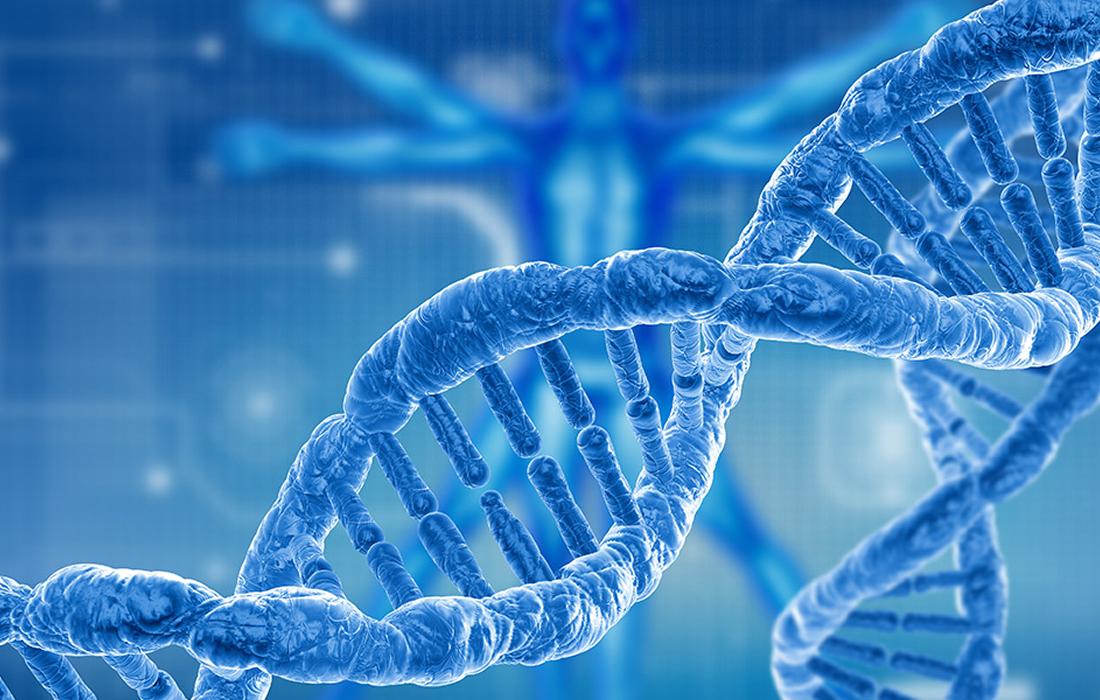Anti-Aging
Discover of Possible Genes that Modulate Aging and Lifespan
Aging is a time-dependent functional decline in molecular, cellular, and organismal homeostasis that is affected by multiple environmental and genetic factors. Genetic studies, such as loss or gain of function or forward genetic screens, have identified many of its conserved genes and mechanisms.
From the metabolic perspective, nutrient-sensing pathways such as the growth hormone and insulin-like growth factor axis (GH/IGF1), target of rapamycin (TOR), adenosine 5′-monophosphate (AMP)–activated protein kinase (AMPK), and sirtuins control aging or affect longevity. In addition to metabolic decline, other features such as loss of proteostasis, increased genome instability, changes in epigenetic marks, and alterations in telomere length have been proposed to promote aging
New modulate aging genes discovery
Robert Williams, PhD, chair of the Department of Genetics and Genomics in UTHSC’s College of Medicine, along with Johan Auwerx, MD, PhD, professor and director of the Laboratory for Integrated and Systems Physiology at EPFL, started a program in 2016 to define genetic factors underlying aging and lifespan.
Drs. Williams and Auwerx worked with colleagues at the National Institute on Aging’s Interventions Testing Program (ITP), which donated DNA of over 12,000 mice to the project. ITP mice are genetically heterogeneous. Each of the 27,574 mice studied is a full sibling, sharing half its genetic inheritance with each other mouse in the program, and each has a known lifespan, making them an ideal system to study.
researchers measured the genetic makeup of more than 3,000 mice, all of them genetic brothers or sisters. The mice were then genotyped and allowed to live until their natural death. The researchers then explored the relationship between DNA difference and differences in the lifespan of each mouse. This genetic mapping allowed the teams to define stretches of DNA in genomes that affect longevity.
The results show the DNA segments, or loci, associated with longevity are largely specific to sex, with females having a region in chromosome 3 that affects lifespan. When the males who died early due to non-aging-related reasons were removed from the analysis, additional genetic signals started to emerge, suggesting some genetic variations only affect lifespan after a certain age.
In addition to finding genetic determinants of longevity, the researchers explored other contributors. In general, bigger mice die younger.
The researchers found that some, but not all, of the genetic effects on longevity are through effects on growth. One of the non-genetic effects may be how early access to food affects growth.
They observed that mice from smaller litters tended to be heavier adults and live shorter lives. Mice from larger litters that had to share their mother’s milk with more siblings, grew more slowly and lived longer on average.
The results of this study will be a rich resource of aging genes that will hopefully guide the design of therapies that not only extend lifespan, but also healthspan.
SOURCE:
Maroun Bou Sleiman, Suheeta Roy, Arwen W. Gao, Marie C. Sadler, Giacomo V. G. von Alvensleben, Hao Li, Saunak Sen, David E. Harrison, James F. Nelson, Randy Strong, Richard A. Miller, Zoltán Kutalik, Robert W. Williams, Johan Auwerx. Sex- and age-dependent genetics of longevity in a heterogeneous mouse population. Science. Retrieved from : https://www.science.org/doi/10.1126/science.abo3191
IMAGE:
https://www.york.ac.uk/media/study/courses/undergraduate/biology/Genetics-bsc-banner.jpg

